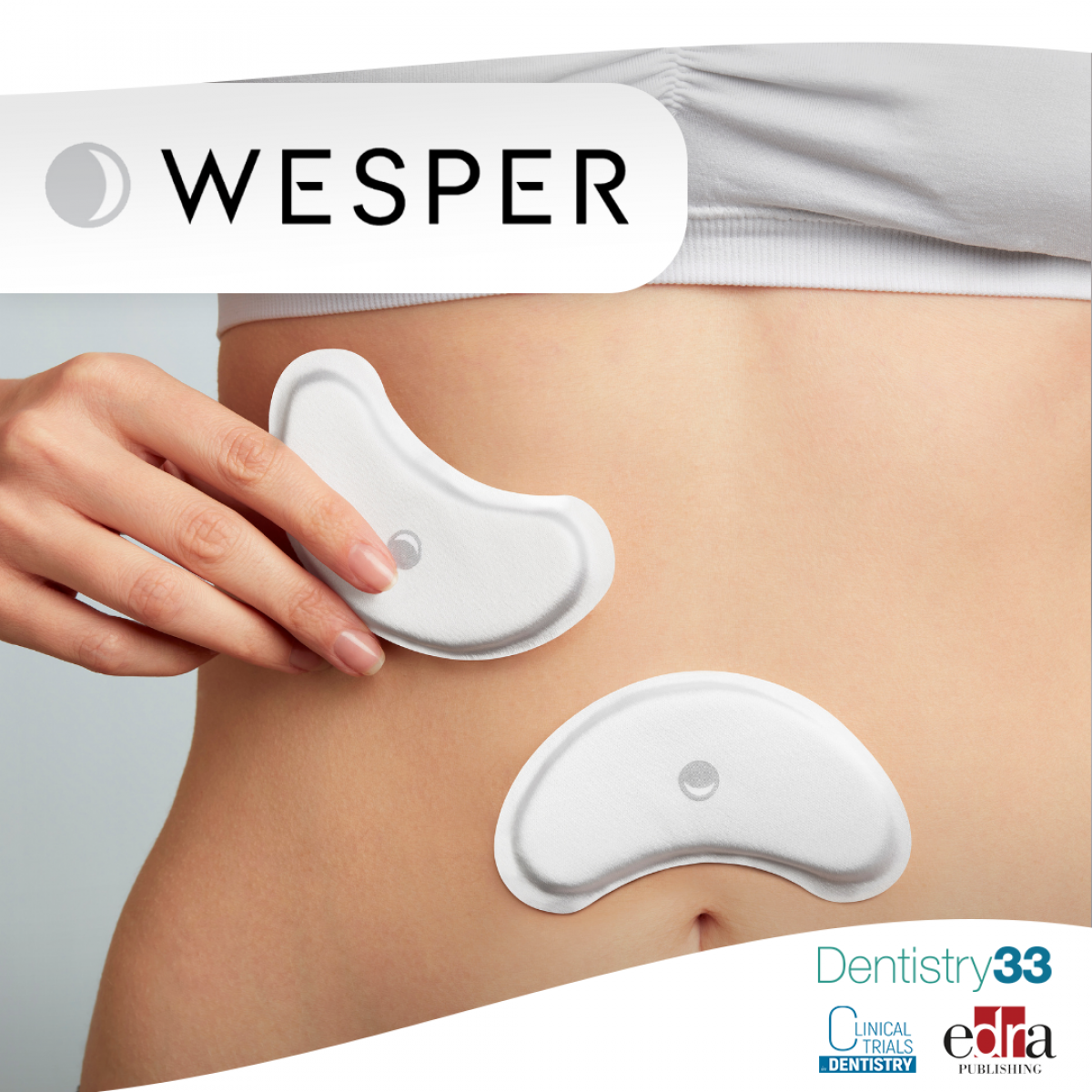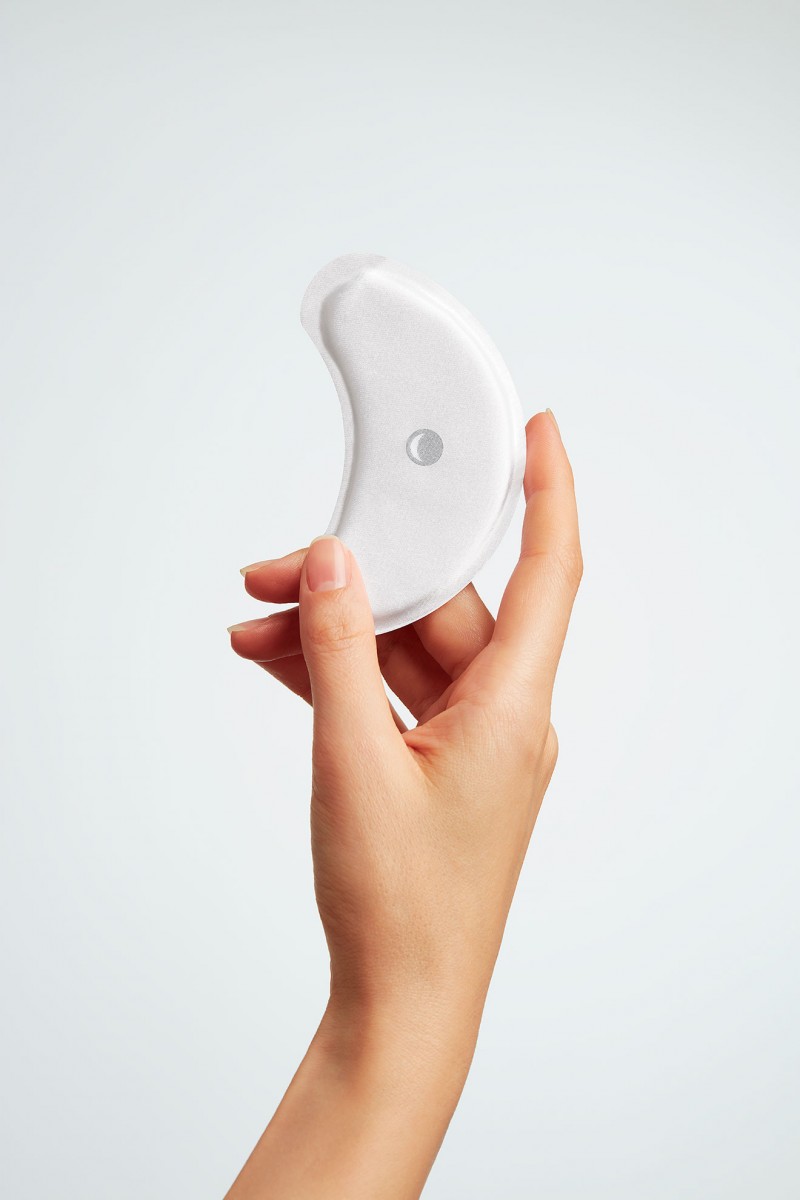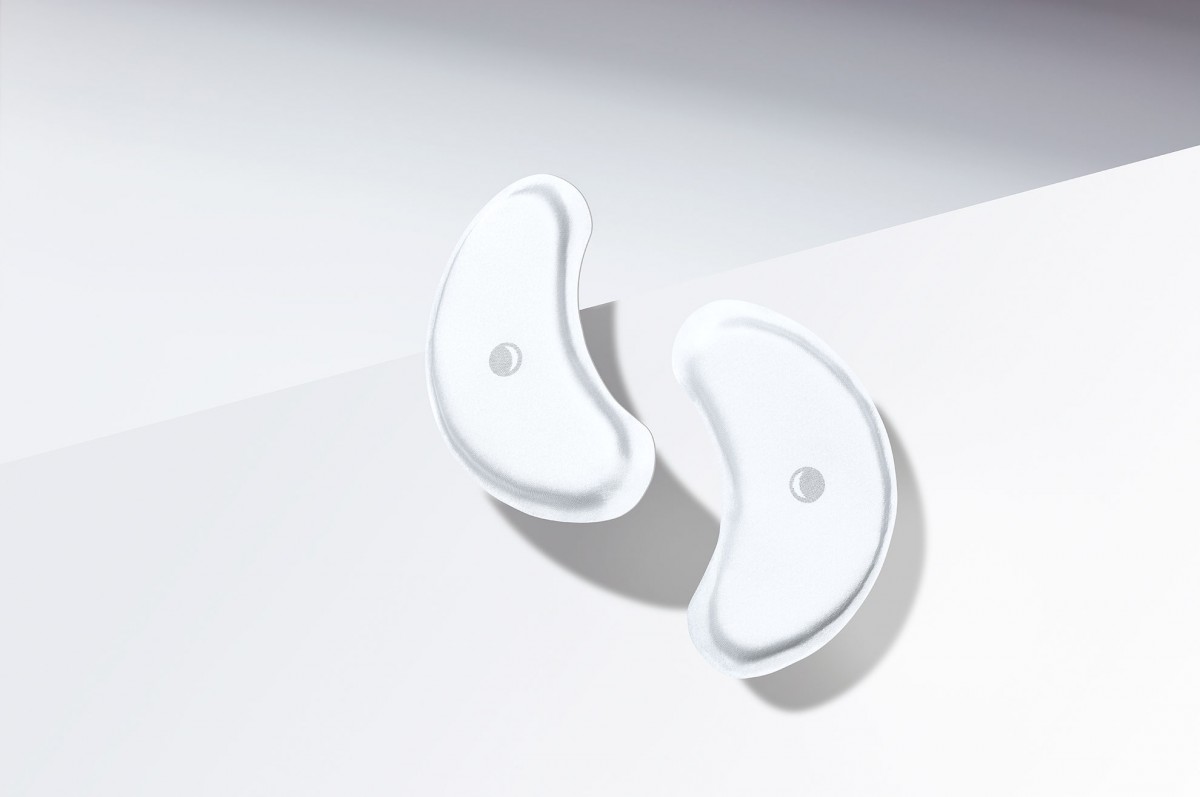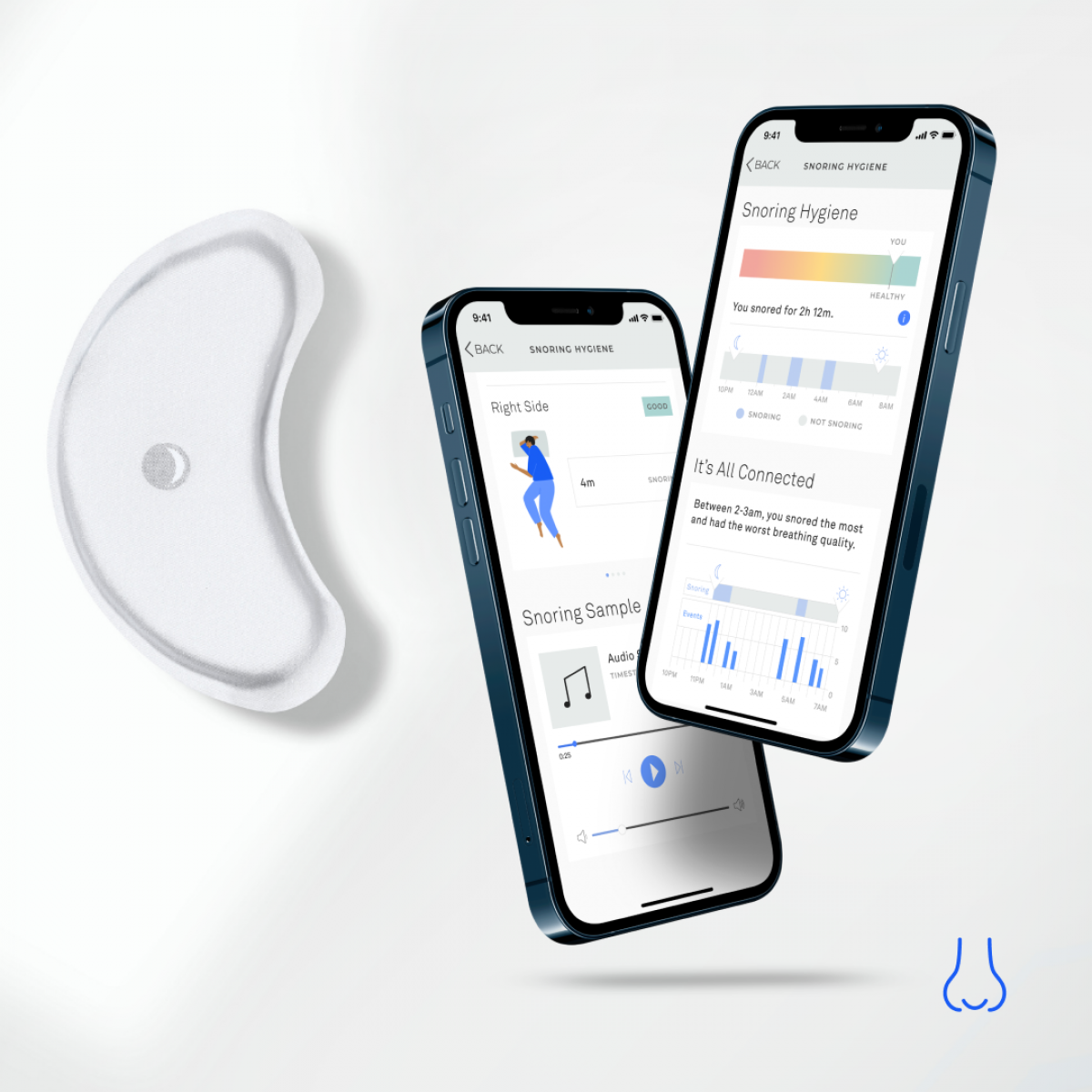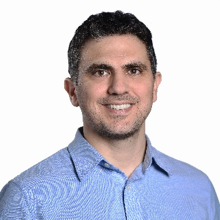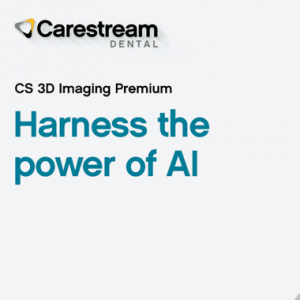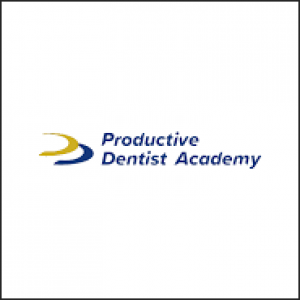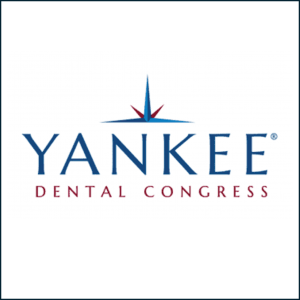
Interview with Amir Reuveny, CEO at Wesper: Dentistry, artificial intelligence (AI), and sleep quality: three areas that together play a vital role in bettering quality of life
It seems impossible to stop breathing during sleep in a completely involuntary way. However, this is a real, critical condition, often underestimated and underdiagnosed, that can lead to cognitive impairment and cardiovascular morbidity. It may cause daytime sleepiness with severe consequences for the safety and health of the individual.
Therefore, understanding the quality of our sleep and how to improve it is critical.
Telemedicine and AI have come to our rescue, providing us with easy but reliable tools to understand and monitor our sleep nights.
Today we interview Amir Reuveny, founder and CEO of Wesper, an emerging tech company using AI to help us sleep better.
1. Let's start with why it is so important to sleep well. How many people know that sleep is an essential function in life, such as eating well and exercising?
Most people think of sleep as a time for the brain and body to recover and understand that we don't function well when we're not sleeping properly and that sleep loss affects our health. What most people don't realize is that there is a reason sleep is so essential for our health and wellbeing.
Sleep is actually an incredibly active and dynamic process that accomplishes several essential biological processes. When these processes don't occur, it has a massive impact on our overall health and wellbeing. For example, our immune systems undergo maintenance and strengthening processes while we sleep. People who are chronically sleep deprived are more likely to get infections such as colds, covid-19, skin infections, etc. It also takes longer for their immune systems to fight off and recover from existing illnesses.
Another important process is related to memory consolidation and learning. At night, our brain goes through a series of complex steps to take short-term memories that are deemed necessary enough and move them to our cortex for long-term storage. Therefore, sleep is absolutely essential for learning and memory. People who are chronically sleep deprived have learning difficulties, do poorly in school and work, and have a reduced ability to memorize. There are multiple processes that take place during sleep and are critical to our wellbeing and functioning, so we should prioritize sleep as a major pillar of our health.
2. How do we understand if we have a sleep disorder? And why do we often hear that the problem is underdiagnosed, although it can have severe consequences on our health?
There are over 80 recognized sleep disorders, so figuring out whether you have a sleep disorder by yourself is unlikely. Suppose you have tried changing your lifestyle and behaviors to improve your sleep, and you're still having difficulty sleeping or you are still waking up excessively tired in the morning. If you find yourself in those situations, it's crucial to get evaluated by a sleep specialist to determine if you are suffering from a sleep disorder.
A lot of people go undiagnosed for several reasons. For instance, I often hear from people who don’t want to go through the trouble and expense of having an overnight study. Others are afraid to get diagnosed because they don’t want to undergo treatment and use a CPAP device. Many people simply don’t have access to facilities and professionals that deal with sleep.
It is important to understand that with the recent innovation in technology people have more choice to get a diagnosis and receive different therapy options. That’s a big part of our mission – to make these choices available and accessible for our users.
3. How can this situation be improved?
I believe that access is key in this case. First, we make the information accessible and digestible for both patients and healthcare providers, and then we use digital media to transform care and make it accessible to billions of people around the globe.
The US is one of the most developed healthcare systems in the world and still the ratio between people with chronic sleep issues and sleep physicians exceeds 1:12,000. That’s unrealistic to expect the system to properly deal with this epidemic so we develop tools to make healthcare and sleep care accessible from people’s homes. Now everyone can use their phone and a set of smart patches to get a thorough analysis of their sleep with a concrete action plan for how to get quality sleep. All without leaving their bed and without compromising the accuracy and quality of care. That’s the future of sleep medicine in my view.
4. So how important is AI in diagnostic and screening pathways? And can home healthcare devices help?
AI and home healthcare devices have several obvious benefits:
• They are easier to access. Not everyone lives close to a sleep testing facility.
• They are significantly less expensive and don't necessarily require taking time off work or other responsibilities.
• They are more comfortable than traditional sleep tests.
• Taking your test at home means you're probably getting better sleep that is more consistent with your typical night.
• Multiple nights of testing provide more data and more trends.
• Allow you to monitor your progress over time.
All these can make a tremendous positive impact on the accessibility, affordability, and quality of care from home. The continuous nature of these tools allows for preventative care and ongoing disease management that never existed before. We are entering a new era of healthcare which is extremely exciting to be part of.
5. That being said, where does the dentist fit into this scenario? Why does the dentist play a key role in diagnosing and treating sleep disorders?
Dentists are key players in the sleep apnea screening and treatment journey. They are probably the healthcare professional who sees patients most often in their offices and who, with the proper training, can identify potentially at-risk subjects. They also have access to a relatively easy-to-use therapy option such as Mandibular Advancement Devices (MAD) which shows higher compliance rate and good clinical outcomes in treating snoring and sleep apnea cases. Providing clinically valuable, recognized, at-home sleep evaluation kits to dentists makes the entire process easier and more comfortable for the patient and also helps providers and dentists together to track their patient's progress. That’s a big revolution in the space.
6. Diagnosing, treating, and monitoring our sleep, are also important from an economic point of view. Do you agree with this statement?
Yes, there have been dozens of massive nationwide and worldwide studies that have looked at the impact of sleep loss and sleep disorders. Chronic sleep loss is responsible for billions of dollars in lost productivity per year. It also raises a person's risk for dozens of chronic health conditions like cardiovascular disease, diabetes, cancer, mental health disorders, and dementia, to name a few, and this places a significant economic burden on society. Detecting sleep problems early and managing chronic sleep conditions over time are key to improving productivity, health and wellbeing, as well as preventing accidents during work and dail routine. It’s time to prioritize sleep.
About Dr. Amir Reuveny
Dr. Amir Reuveny is the founder and CEO of Wesper, an emerging tech company using an at-home digital platform for sleep diagnostics and management. The company has raised over $7M to date and has offered its sleep solution to hundreds of customers and partners. Wesper has conducted multiple studies to validate its technology with leading clinical partners and received FDA clearance for its home sleep testing solution. Amir has rich management experience as a Major in the elite intelligence unit at the Israeli Defense Forces, where he initiated and delivered multimillion-dollar, interdisciplinary projects. Dr. Reuveny has received his PhD in Electrical Engineering and Information Systems from The University of Tokyo, pioneering the development of ultraflexible electronics, and holds a bachelor’s degrees with honors in Electrical Engineering and Physics from the Technion.
About Wesper
Wesper enables the world to sleep better. We have developed the most comprehensive sleep health platform on the market, providing a seamless solution to evaluate and improve your sleep from home.
The 'Wesper Path to Better Sleep' includes a clinical-grade sensor kit with personalized ongoing sleep specialist support. Users get a holistic view of their sleep, on an ongoing basis, with only two wireless rechargeable patches and a smartphone app. The experience is guided by an actionable report on the user's sleep quality, body positions, breathing quality, snoring hygiene, and more. Wesper also offers access to its sleep health services including virtual sleep consultations, unlimited messaging with sleep specialists, therapy options, and longitudinal data analysis to monitor progress.
For more information, please visit www.wesper.co
 Tag
Tag
 Related articles
Related articles
Prosthodontics 14 May 2025
The aim of this prospective study was to assess treatment outcome and impact on quality of life of prosthodontic rehabilitation with implant-retained prostheses in head–neck cancer patients.
Implantology 05 May 2025
Patient-Centered Outcomes in Implantology: Satisfaction, Functionality, and Quality of Life Measures
This study aimed to investigate the patient-centered outcomes of implant dentistry, focusing on satisfaction, functionality, and quality of life measures.
To assess changes in oral health–related quality of life (OHQoL) in children undergoing fixed orthodontic treatment and compare it to that of two groups not receiving treatment.
Orthodontics 04 February 2025
The Impact of Malocclusion/Orthodontic Treatment Need on the Quality of Life: A Systematic Review
To assess the current evidence of the relationship between malocclusion/orthodontic treatment need and quality of life (QoL).
The oral-facial region is usually an area of significant concern for the individual because it draws the most attention from other people in interpersonal interactions and is the primary source of...
 Read more
Read more
Oral pathology 24 October 2025
Isolation and characterization of dental pulp stem cells from a supernumerary tooth
Dental pulp stem cells (DPSCs) were primarily derived from the pulp tissues of primary incisors and permanent third molar teeth, whereas no report to our knowledge has yet been documented on deriving...
Editorials 24 October 2025
From mentoring workshops to leadership insights, the last week’s IU School of Dentistry (IUSD) fall faculty conference and staff retreat brought faculty and staff together respectively for two days...
Products 24 October 2025
At the American Academy of Periodontology’s Annual Meeting, Carestream Dental continues to deliver what’s next in dentistry with the launch of CS 3D.
News 24 October 2025
As dental professionals prepare to wrap up 2025, many are setting ambitious goals for the year ahead, yet few have a clear, actionable plan to achieve them.
News 24 October 2025
The Yankee Dental Congress will take place from January 29, 2026, through January 31, 2026, at the Thomas M. Menino Convention & Exhibition Center in Boston.


